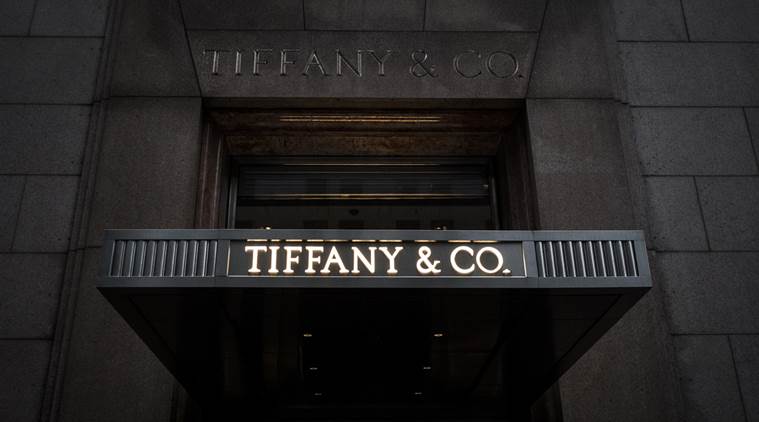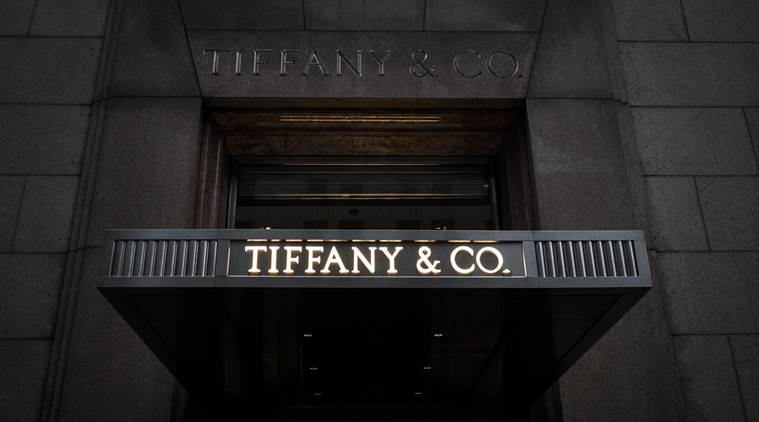
By Vanessa Friedman, Elizabeth Paton and Andrew Ross Sorkin
LVMH Moët Hennessy Louis Vuitton will be having a lot of breakfasts at Tiffany’s — as well as lunches, dinners and board meetings.
The world’s largest luxury goods company is close to completing a deal to buy Tiffany & Co., according to people briefed on the acquisition. The transaction, worth $16.7 billion, would be the largest ever in the luxury sector.
The companies were putting the finishing touches on the deal Sunday afternoon, with the boards of both companies meeting to approve it, these people said. They hope to announce it Monday morning.
LVMH is dominant in the fashion, leather goods and wines and spirits sectors with brands like Dior, Givenchy, Fendi, Château d’Yquem and Dom Pérignon. The acquisition of Tiffany would make it a major player in the so-called hard luxury sector (things like watches and jewelry), adding to its purchase of Bulgari in 2011. It also gives the French group its most significant beachhead in the American market. The Tiffany brand is recognizable around the world thanks to its signature blue boxes, but it also occupies a singular, romantic place in the American landscape: Its Fifth Avenue flagship is as much a landmark in the myth of aspiration and the gleaming promise of sparkling baubles as Rockefeller Center or the Plaza hotel.
At the same time, the deal would end Tiffany’s 182-year history as a stand-alone brand, and it reflects the difficulty of remaining independent in an age of increasing consolidation.
LVMH, controlled by Europe’s richest man, Bernard Arnault, will pay $135 per share in cash for the jeweler, these people said. The terms of the final bid, which were first reported by the Financial Times on Sunday, value Tiffany shares at $16.3 billion. The company has about $350 million in debt.
The agreement comes after weeks of tense discussions between the two companies. Last month, the Tiffany board rejected an all-cash offer of $120 a share. LVMH then increased its offer to $130 last week and was granted access to Tiffany’s books to conduct due diligence, prompting a jump in the jeweler’s share price amid increased speculation that a deal was forthcoming.
LVMH’s takeover of Tiffany signifies the company’s increasing interest in areas beyond traditional soft luxury goods like clothing and leather goods. It follows its acquisition of Belmond hospitality group last December for $2.6 billion and a majority stake in German luggage brand Rimowa in 2016 for $719 million. It also marks LVMH’s second major investment in an American brand this year, following its creation of a new luxury house, Fenty, with Rihanna. (The group also inaugurated a factory for Louis Vuitton in Texas last month with great fanfare, specifically to make handbags for the American market. President Donald Trump cut the symbolic ribbon during the official ceremony.)
The deal potentially doubles the size and profitability of its hard luxury portfolio, which beyond Bulgari also includes Chaumet, Fred, Hublot and Tag Heuer and accounts for 9% of total LVMH sales. A Tiffany takeover would probably make LVMH more competitive with Richemont, the Swiss luxury group that owns Cartier. Jewelry was among the top growth luxury categories last year, up 7%, according to a report by global consulting company Bain & Co.
And it solidifies the reputation of Arnault, 70, as the most aggressive, and acquisitive deal-maker in luxury.
Tiffany, after a rocky period in which it appeared to lose sight of its core consumers, prompting stagnant sales and the departure of its chief executive, has staged a comeback in recent years under a new chief executive, Alessandro Bogliolo. He cut back on lower-priced gifting options, revamped marketing to target younger shoppers and pursued greater expansion in China.
For both companies, the tie-up also represents an important opportunity to grow in China, the world’s second-largest economy and an engine of global spending on high-end shoes, bags, fashion, jewelry and watches despite recent concerns over a trade war and the standoff in Hong Kong.
Tiffany began targeting the emerging Chinese bridal and engagement ring market more than a decade ago, and today has a strong following and brand awareness among the country’s upper and middle class consumers. It operates around 35 stores in mainland China and a further 10 in Hong Kong. The yuan depreciation, the U.S.-China trade war and the Hong Kong protests have hit Chinese tourist spending hard, however, prompting Tiffany to increase its mainland investments and bring high-value items to Chinese shoppers closer to home, a strategy that will probably be fueled further by LVMH after the deal is completed.
“Tiffany finds a very comfortable new home and LVMH finds one of the most promising brands available,” said Luca Solca, luxury analyst at Bernstein.
Not to mention an early end to their holiday shopping.
